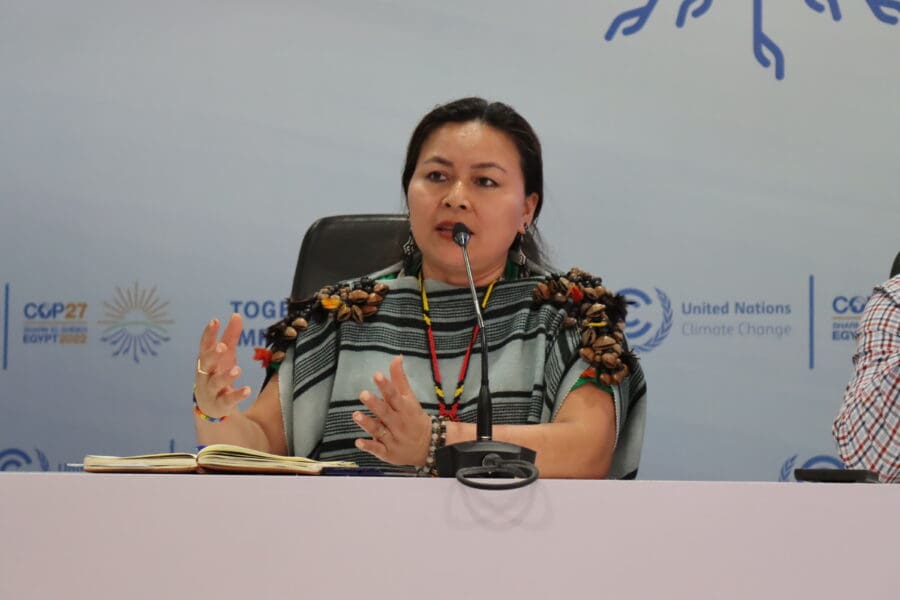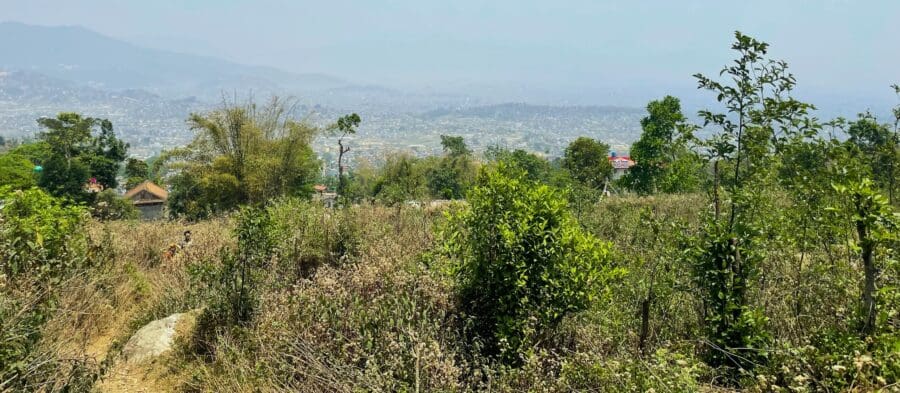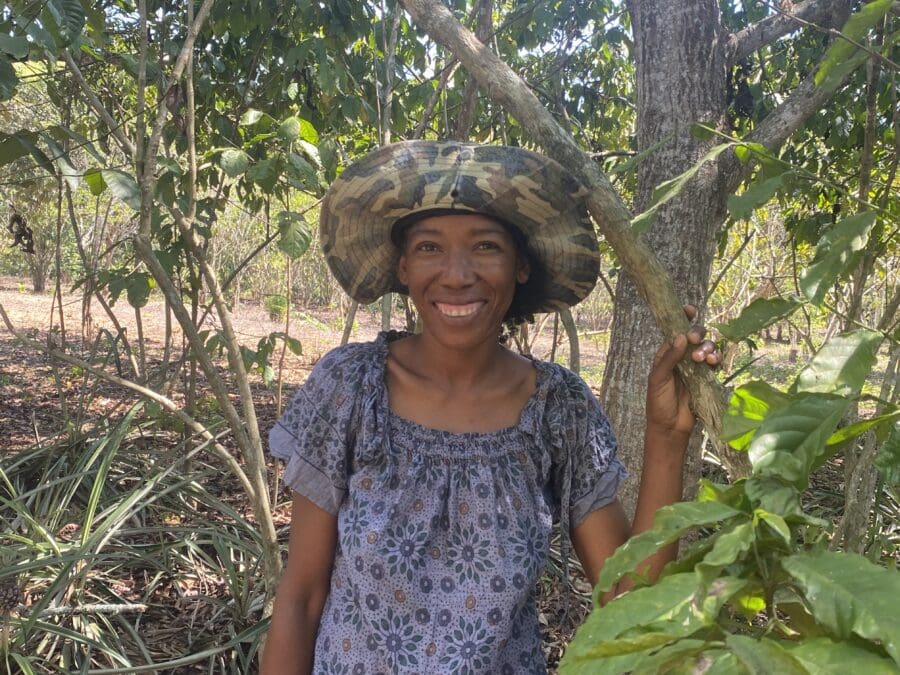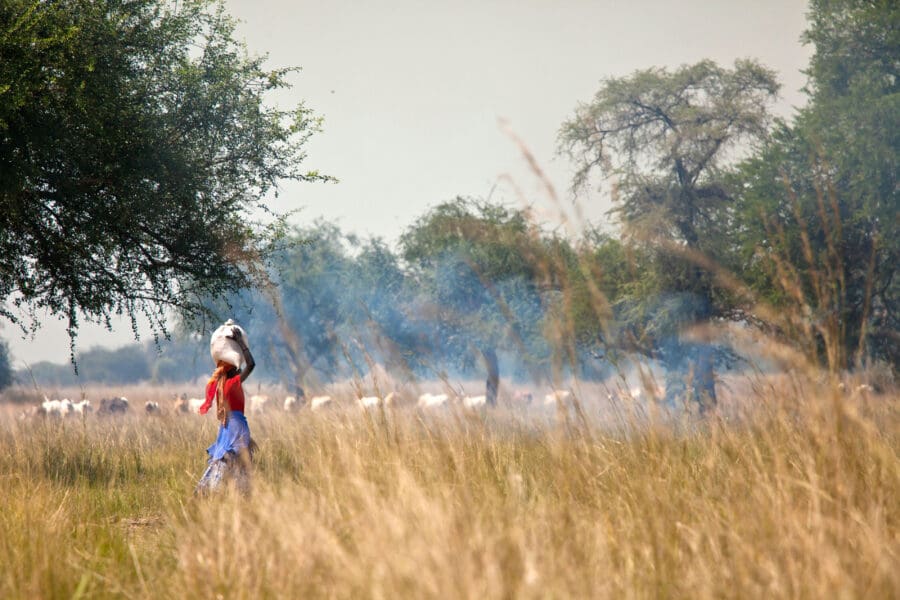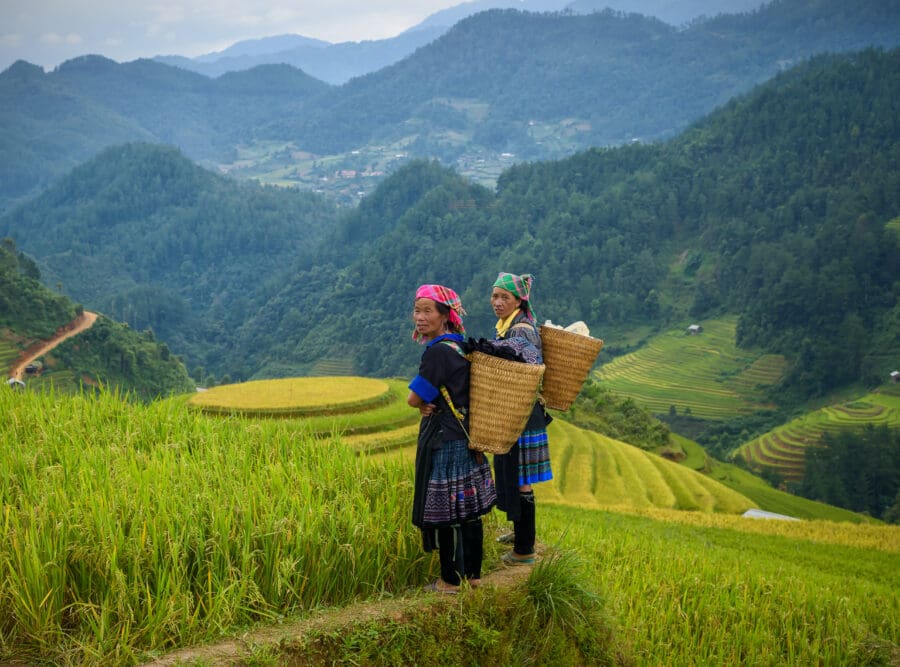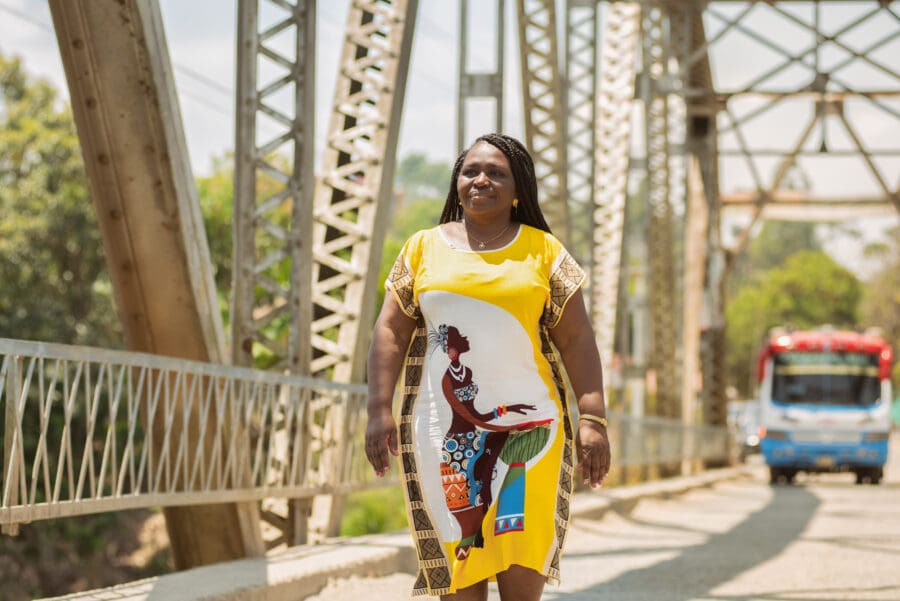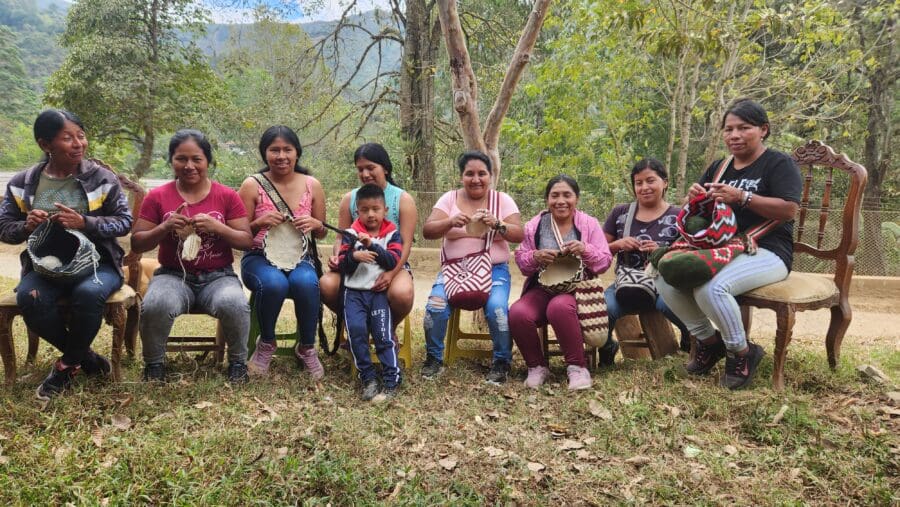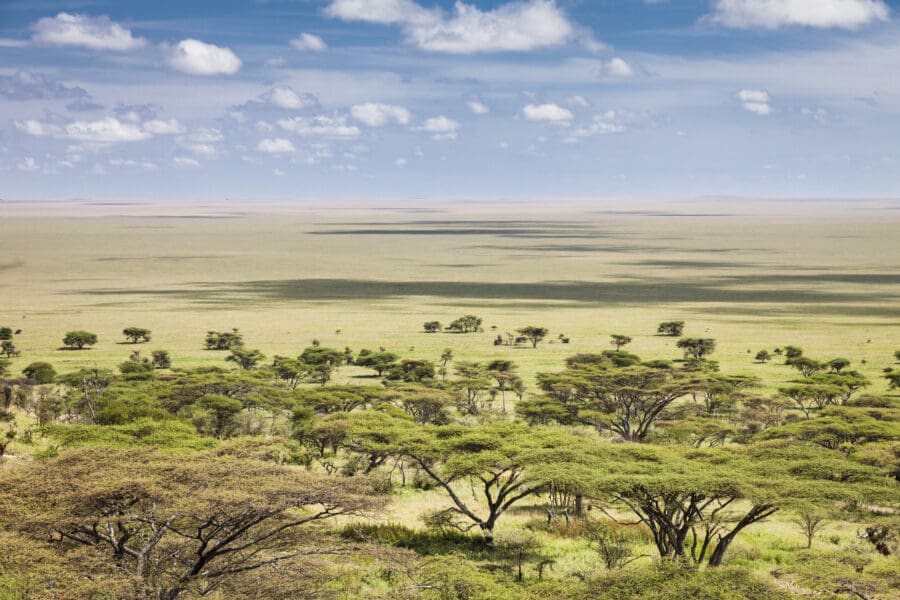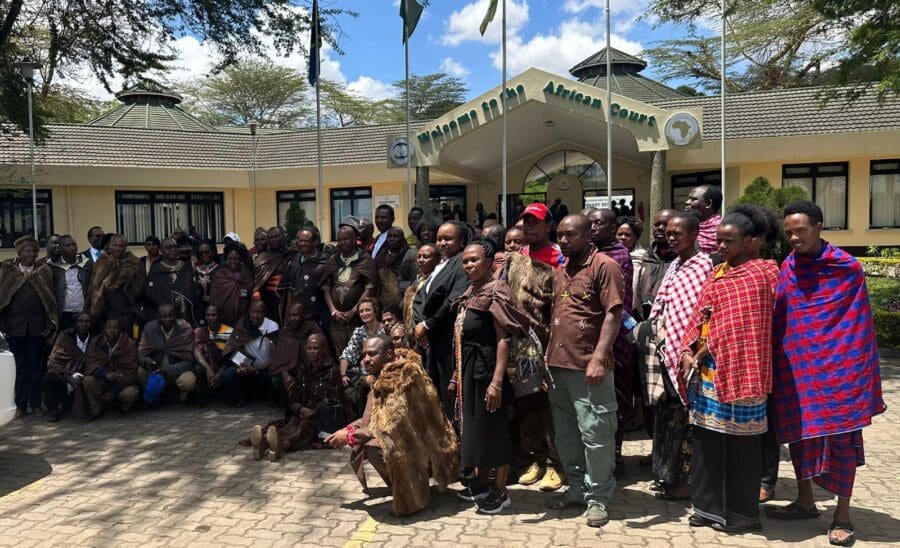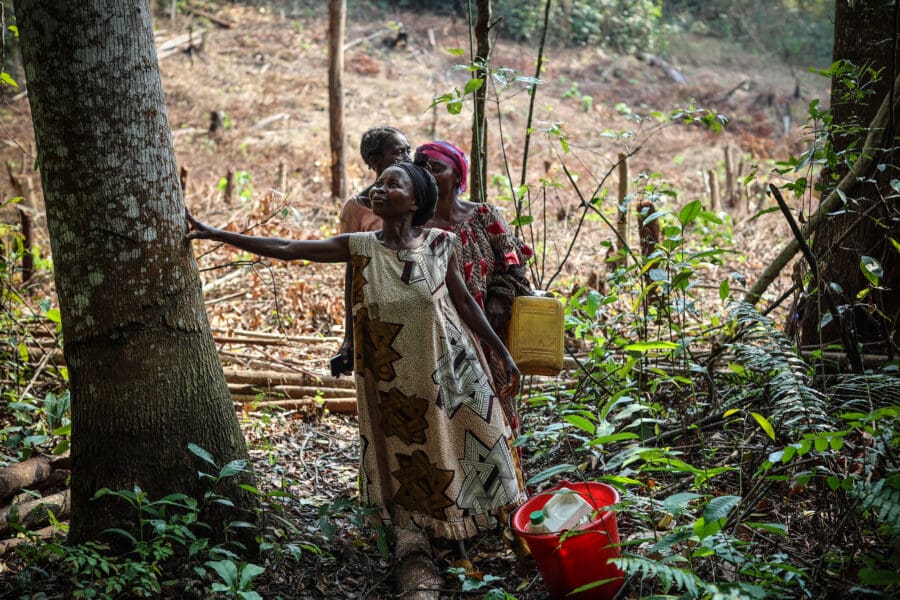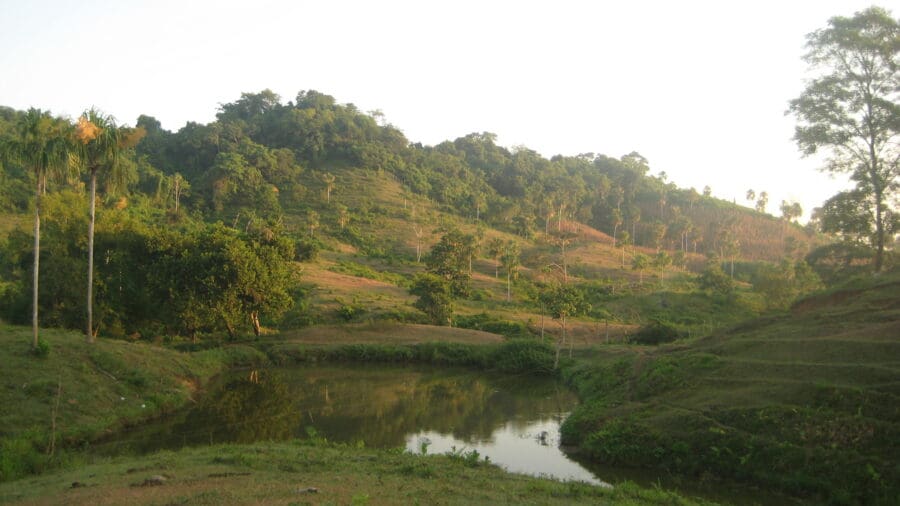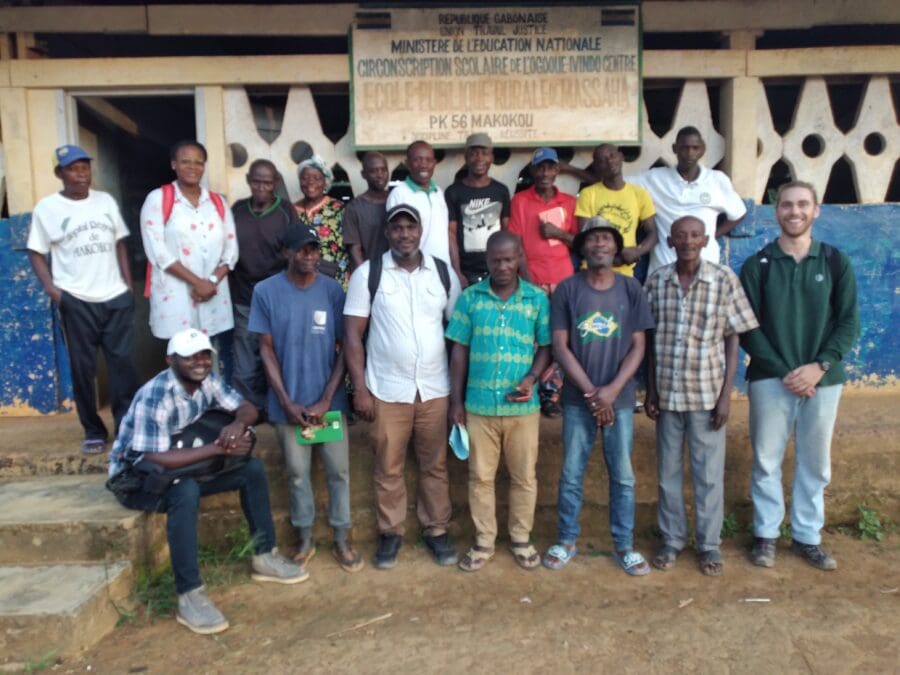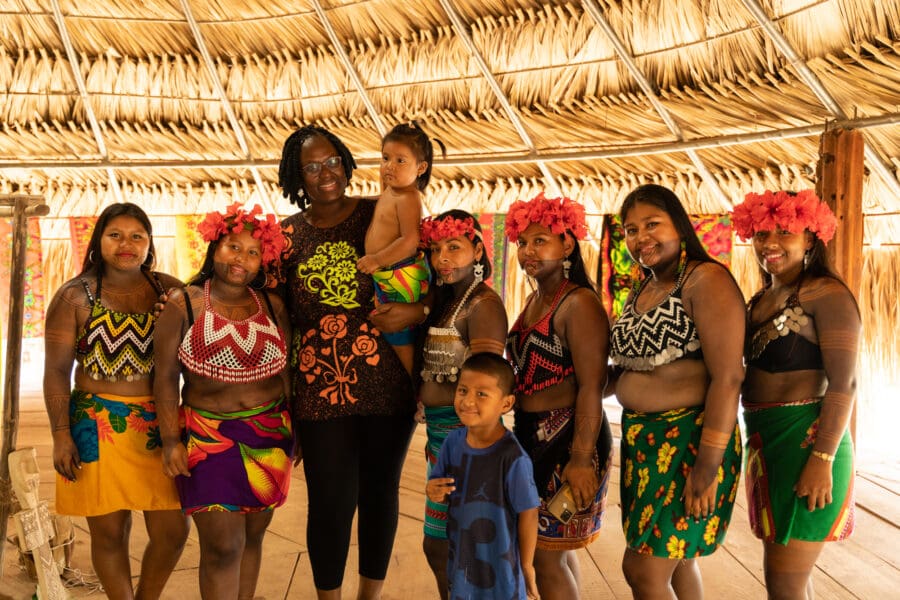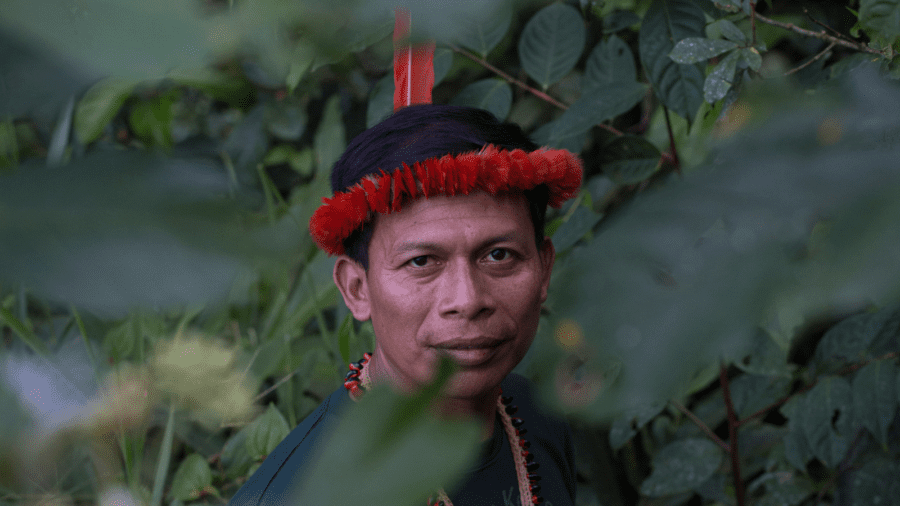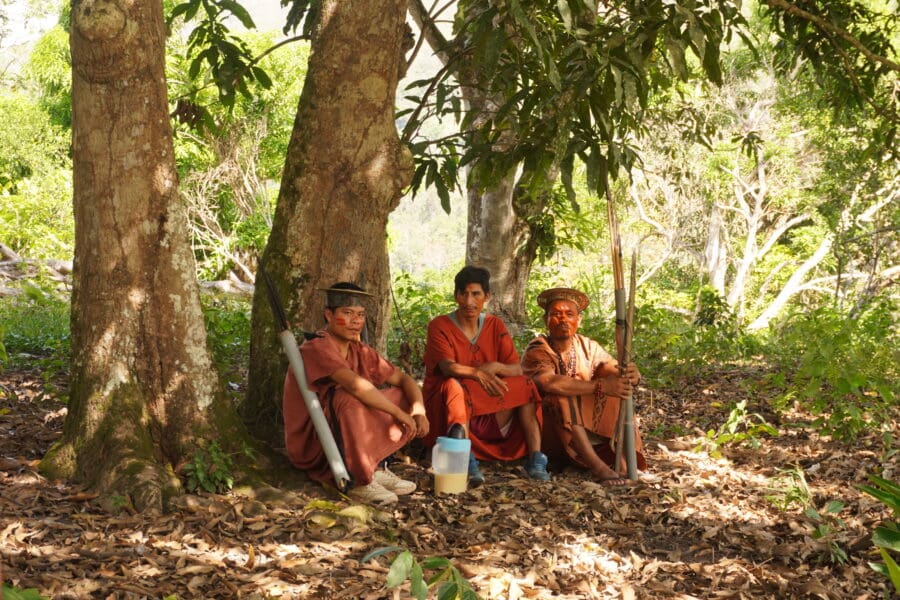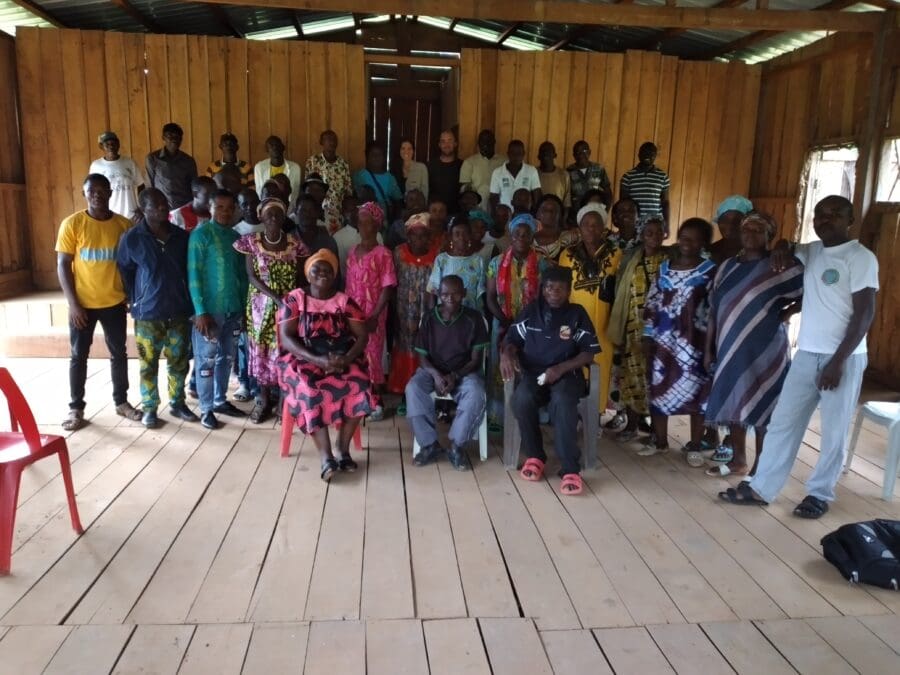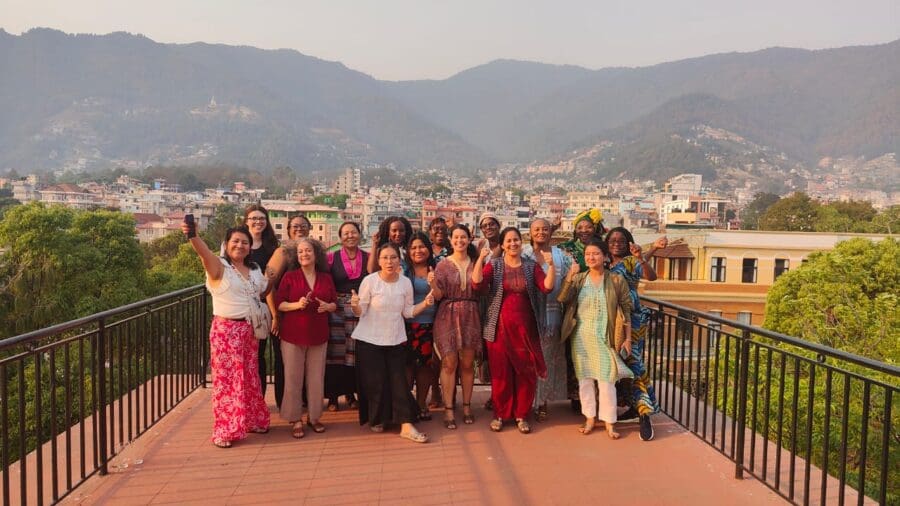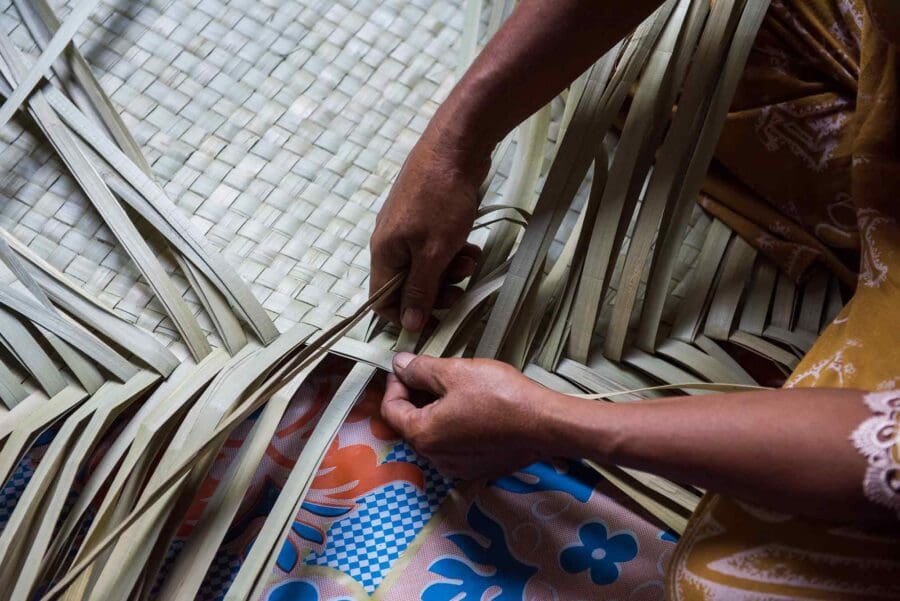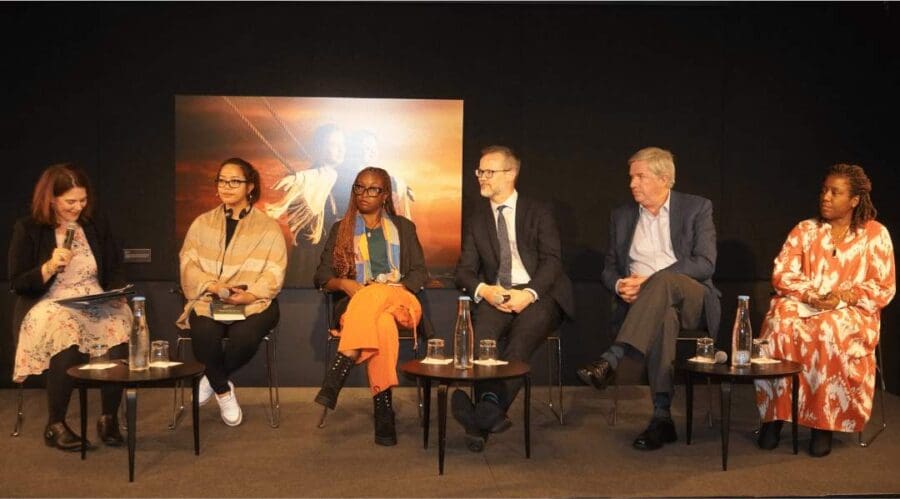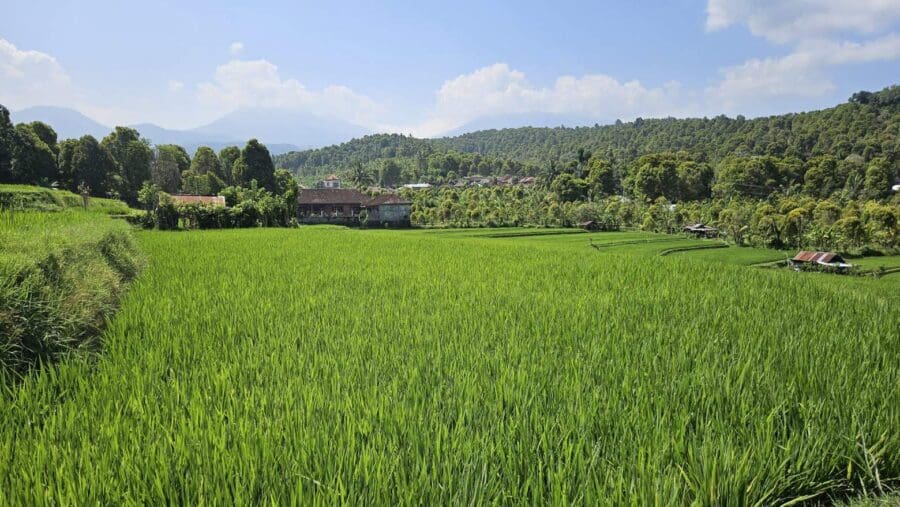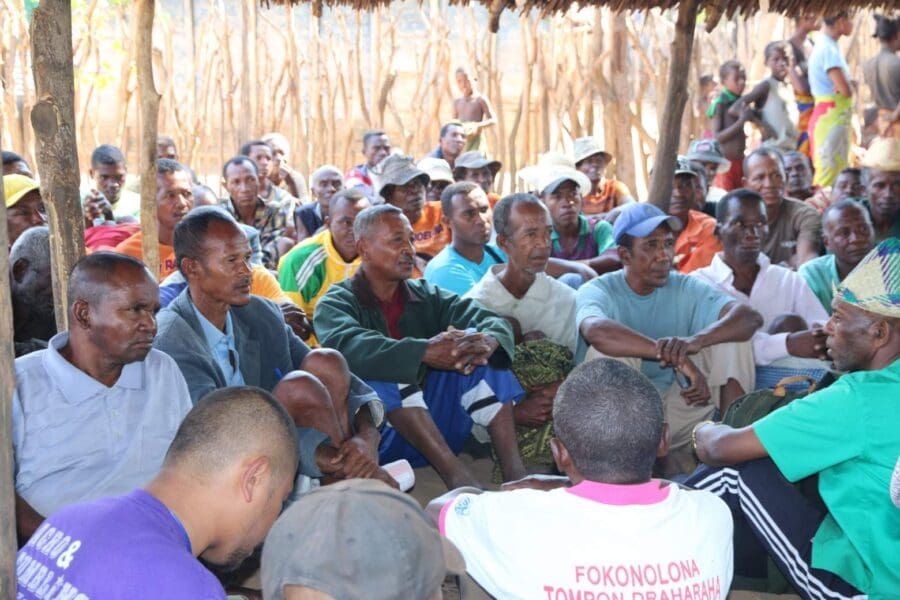The secretary of the Board of Directors of the Interethnic Association for the Development of the Peruvian Jungle (AIDESEP) shares the challenges she had to overcome to become an Indigenous woman leader.
Community Forest User Groups play an important role in protecting the forests on Chandragiri Hill in Nepal, but they didn’t begin to make significant progress in this quest until the women of these communities were allowed to join.
With population growth in Madagascar, land is in ever shorter supply and conflicts over land ownership are multiplying. We must build greater community recognition of women’s important role in society—not as competitors to men, but as people working together towards a common goal of better livelihoods and sustainable land management.
South Sudan, one of Africa’s most diverse countries and the world’s youngest Nation, is at a critical juncture. Despite being home to over 60 major ethnic groups, the country lacks a comprehensive land policy, leaving communities vulnerable to land grabs, exclusion, and conflict.
Have you ever wondered why people experiencing poverty in rural areas of the Global South tend to have insecure land tenure? If you have, you may have rightly concluded that the greed of powerful actors and colonialism are an important part of the story. But this barely begins to describe the forces that have strengthened and weakened tenure security across time for those with little voice and power.
This is the story of the president of the Association of Afro-descendant Women of Northern Cauca, Colombia, who faced the threats of armed conflict to fight for the rights of Afro-descendant women.
As the fight for climate justice continues, acknowledging the connections between land, water, ecosystems, and human communities is critical for the realization of positive and lasting change.
A new RRI study shows how Indigenous women-led enterprises boost local economies and are important for territorial governance and climate resilience.
This was by far the largest UNCCD CoP to date (the previous CoP15 in 2022 had 7,000 participants), but even in an increasingly crowded space, Indigenous voices rang loud and clear, achieving several important breakthroughs.
On November 12, 2024, at the African Court on Human and Peoples’ Rights (ACtHPR) in Arusha, Tanzania, the Indigenous Ogiek of Mau had to endure yet more abuse at a hearing convened to review the progress made by the Government of Kenya in implementing the orders set out in its Reparations Judgment of June 2022.
Building on the State of Funding report published in April 2024, this blog post shares important updates on finance for Indigenous Peoples', Afro-descendant Peoples', and local communities' tenure and forest guardianship and examples of how direct funding is already driving important progress in tropical forests and other key ecosystems.
After decades of being omitted from the UN’s biodiversity convention, Afro-descendant Peoples in Latin America and the Caribbean got great news at the 16th Conference of the Parties to the UN Convention on Biological Diversity (CBD) recently held in Cali, Colombia.
Gabon’s Massaha communities are documenting the rich biodiversity stored in their ancestral territories to demonstrate the transformative power of community-led conservation. Can they help one of the world’s most forested countries conserve 30% of its biodiversity by 2030?
RRI is seeking nominations for a Co-chair of the Board of Directors to guide its coalition of over 200 partners, collaborators, and fellows in the implementation of its Fourth Strategic Program, which runs through 2027. We are looking for individuals committed to RRI's core issues: the land, resource, and collective rights of Indigenous and Afro-descendent Peoples, and local communities.
This op-ed by Omayra Casamá and Sara Omi was originally published in Spanish in El País. A sustainable future is one where the voices of Indigenous, Afro-descendant, and local community women are not only heard but are integral to the implementation of meaningful conservation and climate change actions.
A report aims to influence the localization agenda and improve bilateral policies and practices to ensure that more direct, fit-for-purpose support reaches Indigenous Peoples, local communities, and Afro-descendant Peoples and their supporting organizations to secure tenure rights and conserve key ecosystems and biodiversity.
On July 14, the body of Mariano Isacama Feliciano was found on the bank of the Yurac River, a tributary of the Amazon in the Peruvian department of Ucayali. Isacama Feliciano was a human rights defender from the Katkataibo Indigenous People and had been working with his community to resist the presence of illegal loggers before his death.
With financial support from the Bezos Earth Fund, RRI's coalition in the Congo Basin has undertaken concrete actions demonstrating alternatives to conservation approaches that exclude communities. In some places, the project's interventions have halted illegal logging, mining, and oil companies’ activities that threaten land and soil degradation as well as local livelihoods.
The Women in Global South Alliance (WiGSA) hosted its second strategic meeting in Kathmandu, Nepal from April 30–May 2, 2024. Armed with a feeling of sisterhood and common purpose, women leaders from 11 countries across Asia, Africa, and Latin America overcame jet lag to meet in person to discuss strategies on how best to support the women and girls they represent.
In this review, we provide a legal snapshot of some of the changes and developments that occurred in 2023. We delve into the shifts, pivotal moments, and groundbreaking strides that defined the year at the sub-national, national, regional, and international levels.
After a five-year hiatus, the World Bank held its Land Conference on May 13–17 in Washington, D.C., bringing together over 1,000 practitioners, donors, advocates, civil society representatives, and government officials. The takeaway was clear: The case for land tenure security as a prerequisite for climate, development, and biodiversity goals has now firmly been made, but many of the same challenges persist in advancing rights-based agendas.
On May 15, 2024, RRI co-organized a multi-sector Dialogue on Securing Land Tenure for Climate Action in Washington, D.C. along the sidelines of the World Bank Land Conference. The packed event, hosted by the Embassy of Sweden in the US and co-organized with Cadasta Foundation, Land Portal Foundation, Landesa, and Forest Trends, brought together a diverse panel of key international actors moderated by Amy Coughenour, CEO of Cadasta Foundation.
The Masyarakat Adat Dalem Tamblingan have lived in and around the Alas Mertajati Forest and Lake Tamblingan areas in Bali since at least the 9th century AD. Now, the community is fighting back and appealing to the government to legally recognize nearly 7,000 hectares of its customary territory.
For the first time, Madagascar's traditional communities, the FOKONOLONA, are being considered in the construction of the country's land reform. Find out how this breakthrough was made possible.

